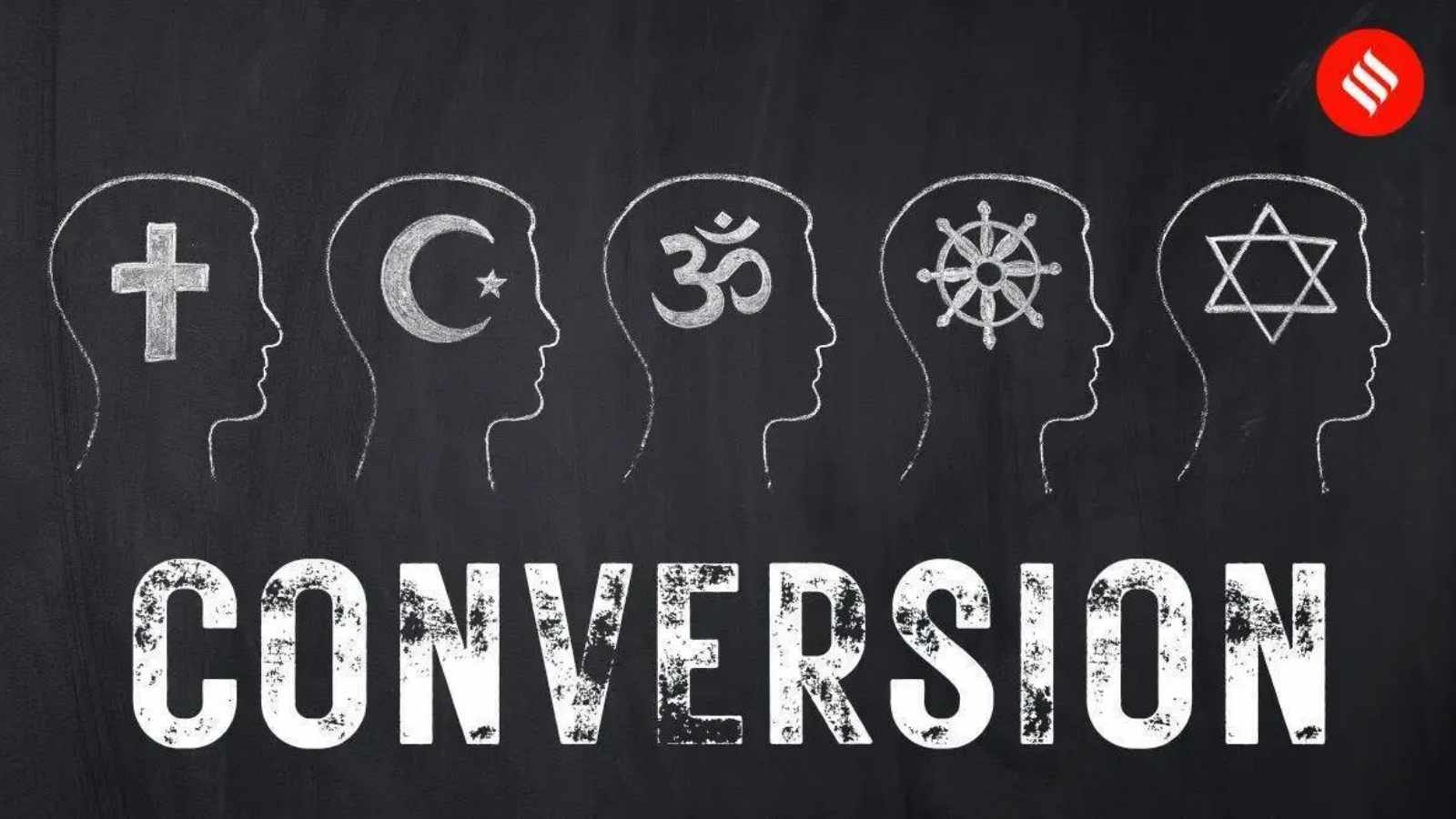The Supreme Court on Tuesday sought the response of states that have enacted anti-conversion legislation to an application seeking a stay on the laws.
A bench of Chief Justice of India B R Gavai and Justice Vinod Chandran was hearing the stay applications filed in a batch of petitions challenging the constitutional validity of anti-conversion laws passed by Madhya Pradesh, Gujarat, Uttar Pradesh, Uttarakhand and Haryana, among others.
Appearing for NGO Citizens for Justice and Peace, senior advocate C U Singh said its petition challenging the laws has been pending for a long time, but now there is an urgency as some states are amending them and making them more stringent.
He said that Uttar Pradesh amended its law in 2024, raising the minimum sentence for unlawful religious conversion through marriage to 20 years, which can go up to the rest of the natural life of a person. The bail conditions have also been made stringent, with twin bail conditions on par with legislations like the Prevention of Money Laundering Act and the Terrorist and Disruptive Activities (Prevention) Act, and a reverse burden of proof, he said. With these conditions, if anybody has an interfaith marriage, it is guaranteed that bail becomes impossible, he said, adding that Rajasthan also enacted a law recently.
The Gujarat High Court had stayed some provisions of the state’s anti-conversion law, while the Madhya Pradesh High Court had stayed one provision of the state’s Act, Singh pointed out.
Singh said the 2024 UP amendment also allows third parties to file complaints and added that, as a consequence, there is huge harassment being faced by persons in interfaith marriages, in normal church observances.
The counsel said he had filed an application to amend his original petition so as to challenge the 2024 amendments. The court allowed the request.
Story continues below this ad
The court asked Additional Solicitor General K M Nataraj, who appeared for the states, to file replies to the stay applications within four weeks.




